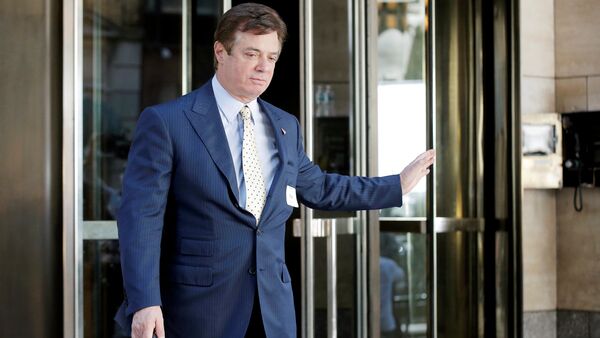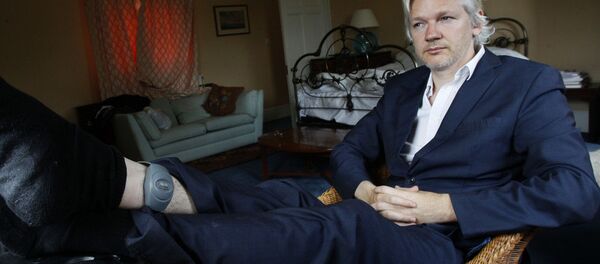The New York Times story reported that Manafort asked Kilimnik, his associate in Ukraine who is also a Russian national, to pass information about Trump's polling numbers to Serhiy Lyovochkin and Rinat Akhmetov, two Ukrainians connected to the Ukrainian Party of Regions, the party of deposed Ukrainian President Viktor Yanukovych.
In a rather bizarre error, the Times initially reported that Manafort had tried to pass the information to Russian billionaire Oleg Deripaska, a rival of his, instead of to Akhmetov and Lyovochkin. The corrected Times article only says that Manafort might have hoped to curry personal favor with Deripaska, who he owed millions at the time, by offering him "private briefings," but never polling data.
This, CNN tells us, is "A Very Big Deal."
But we already knew that Kilimnik and Manafort had met: the worked together for Yanukovych and have been indicted in Special Counsel Robert Mueller's Russiagate probe together. Manafort has since been found guilty of numerous financial crimes and pleaded guilty to others, for which he is presently in prison.
"I have no idea why two versus three meetings is a big deal," Daniel Lazare, a journalist and author of three books — "The Frozen Republic," "The Velvet Coup" and "America's Undeclared War" — told Radio Sputnik's Loud and Clear Wednesday, noting it might become a technicality that Mueller could "use to hang Manafort."
Of course, what's also not being mentioned is that sharing such information isn't illegal.
But Lazare said the New York Times article leaves lots of questions unanswered. Manafort "asked Kilimnik to share the information with Oleg Deripaska; the Times hints very strongly that Deripaska is close to Putin, but that's not at all true. In fact Putin and Deripaska have been at odds at various times."
That's saying nothing of the fact that Manafort owed Deripaska millions of dollars at the time. The meeting Manafort offered him seems to have been to curry favor, or perhaps bury the hatchet, by providing Deripaska with information about the US political climate so that he, as a political consultant, might ply his wares in a new market. Deripaska was seeking a US visa at the time, Lazare noted.
However, Lazare pointed out that the Times makes a microfiber-thin attempt at establishing a connection between Kilimnik and the Internet Research Agency by "hinting, very gravely, that the polling data might have been used by the IRA to refine its manipulation of American social media to influence voters. This is a huge stretch. I guess it's possible, but it's got to be proved, very carefully, and the Times doesn't even remotely attempt to do that."




